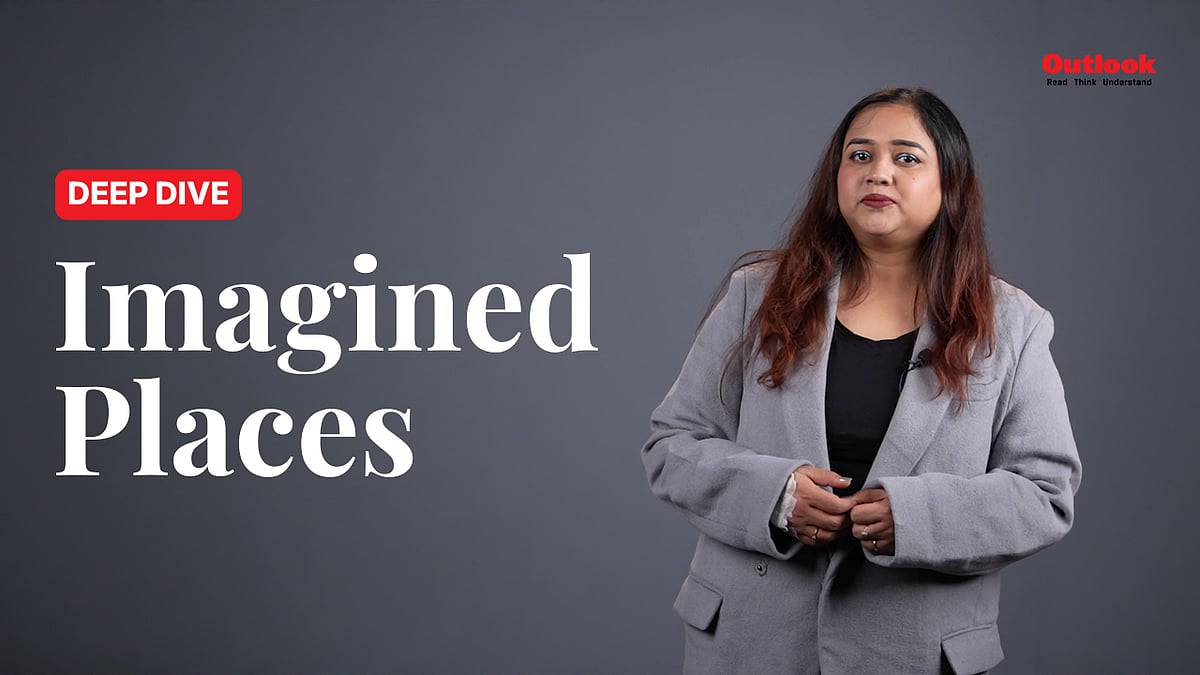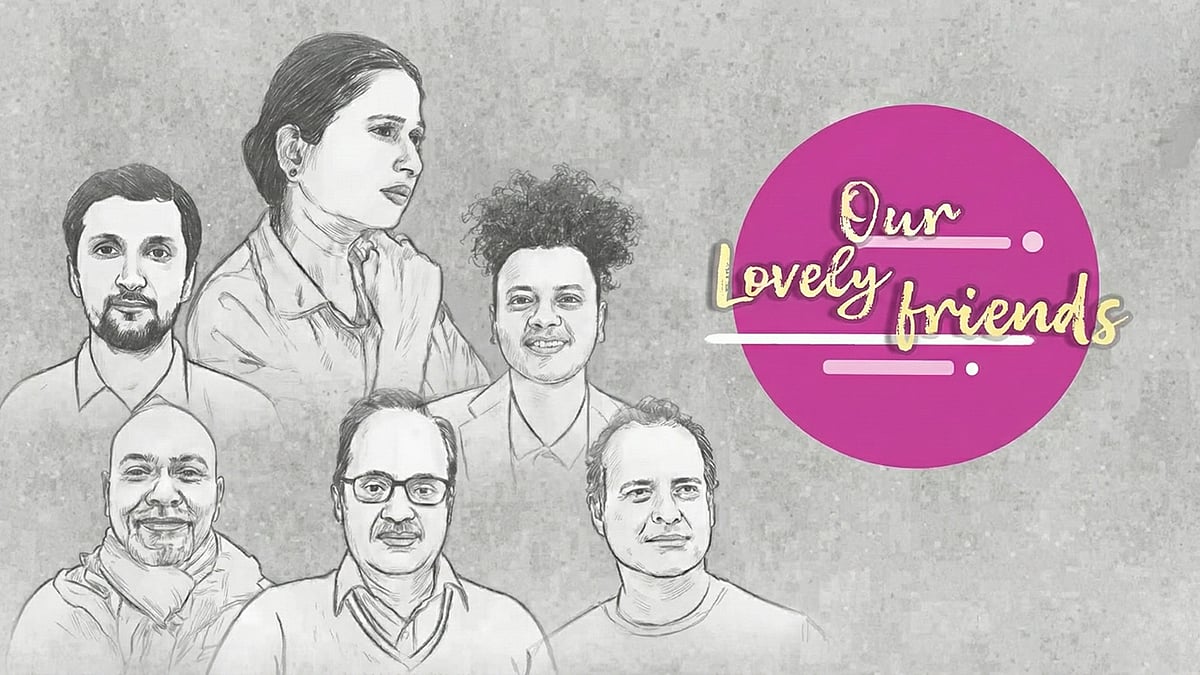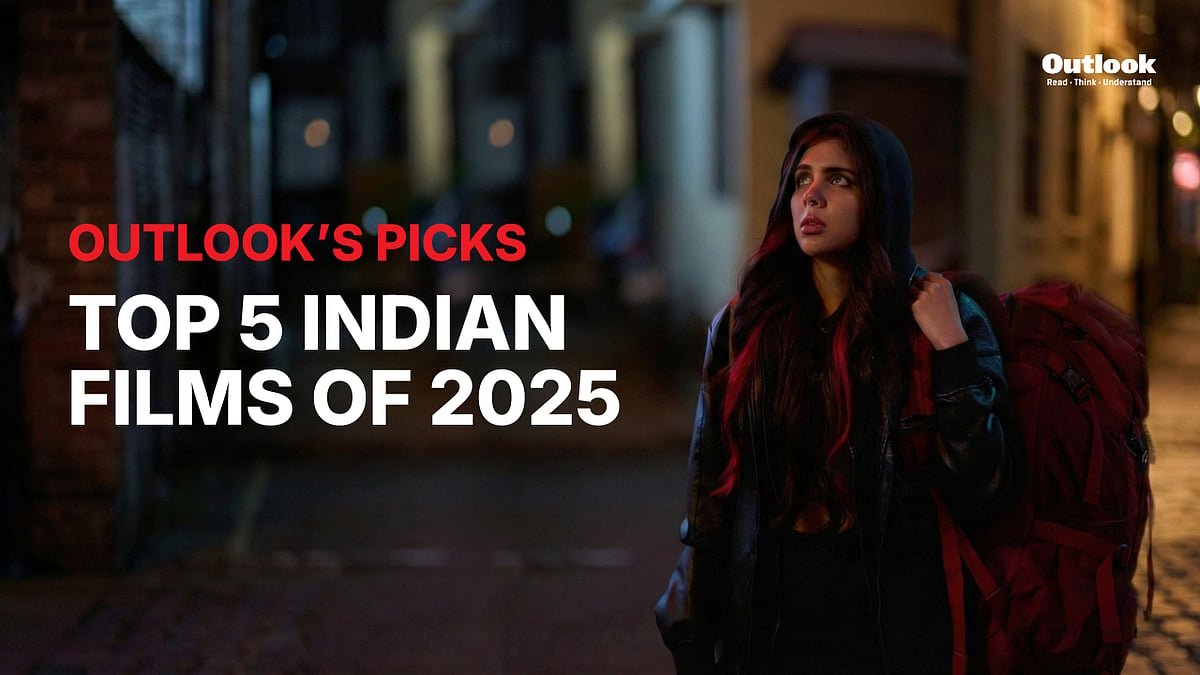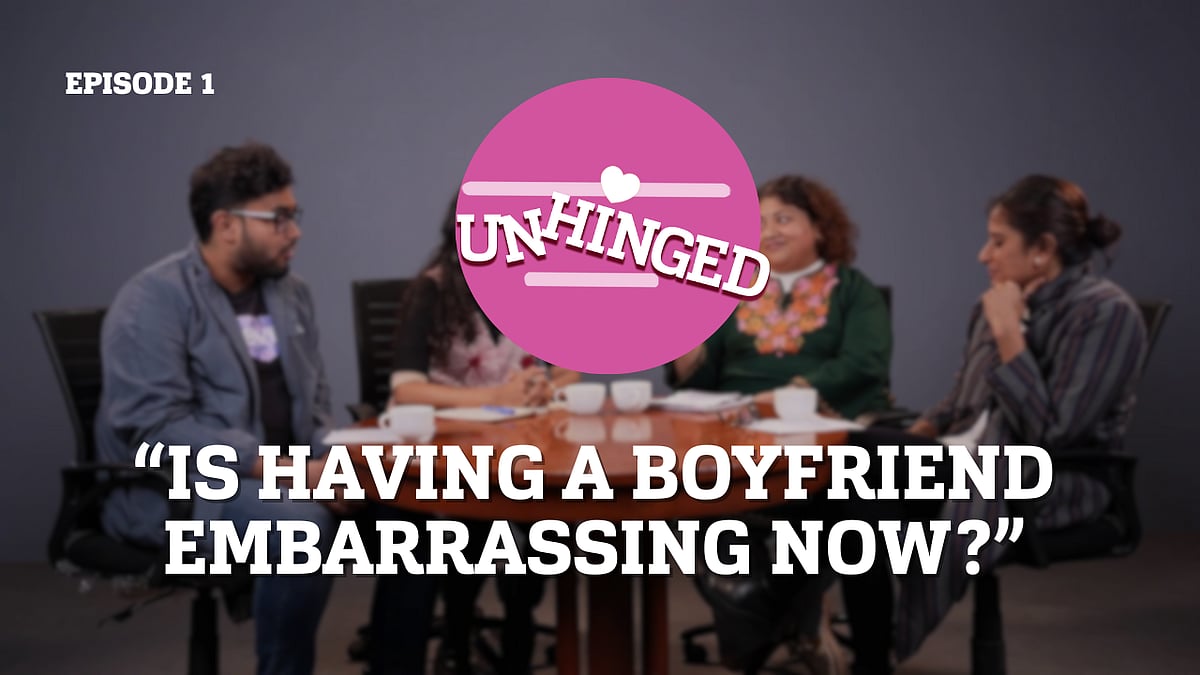“Look, there’s the elephant and there is Muruga, and from both I derive a sense of love, a sense of hope, and my faith helps me move past and look beyond my suffering. It takes me from one day to another and helps me go forward,” Usha, who lives with mental illness, once told Vandana, pointing to where she had drawn both with crayons.
Vandana Gopikumar, the Co-Founder of The Banyan, shares her journey of meeting Usha’s elephant and how her ‘Infinite Elephant’ made it to Outlook’s issue dedicated to 'Freedom From Stigma of Mental Illness', and why it is necessary.
Usha’s mental illness was exacerbated when her father passed away. She made a pilgrimage from Trichy to Tiruchendur, chasing the elephant to find peace. In moments of art, moments of dance, moments of free expression, moments of dialogue, dissent, and debate, Vandana says she saw the freedom we all care about so deeply. So it is right and necessary that when we talk about mental health or madness, we focus on freedom in parallel.
Freedom of all sorts: to enter a treatment centre that all of us have access to, to exit a treatment centre as long as there is some form of safety that society can offer—which it should, but doesn’t currently offer; freedom to make your own decisions, and freedom to live your own life. Therefore, her elephant is a symbol of faith, yes, but also a symbol of healing and freedom.
The headline on the cover, 'Everyday I Pray For Love', is the title of a book by the Japanese artist Yayoi Kusama, who lives in a mental health facility, and paints her visions.

























